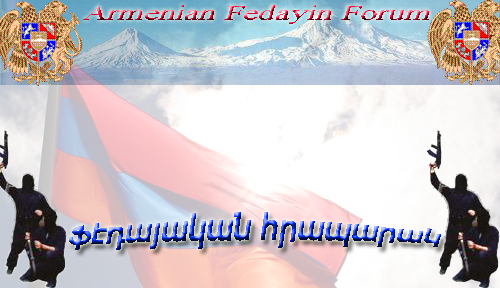Whether the May 12 parliamentary elections will prove more civilized than previous votes, it appears, nonetheless, that the Armenian political society is becoming more sophisticated in its approach to campaigning.
With this election, voters are being courted in the typical manner – through billboards and television spots, however the age of high-tech has reached the campaigning as at least one party is using email solicitations, and polling is being conducted via SMS.
It is a new trend, but not yet replacing the tried and true method of clans, family connections and power placement in determining who assumes office in Armenia. The new movement is, nonetheless, noticeable.
Saghatelyan says the development of public relations is possible in an environment with viable democracy.
Political analyst Abraham Gasparyan says unlike in Armenia PR institutes across the world work in different formats. The efforts by PR specialists make the ideas of the candidates accessible to the public. The rules of the game are different in the Armenian market.
“We lack the institute. Instead there is meritocracy based on district authority and brotherhood methodologies. And that is the way they [the candidates] go into politics,” says Gasparyan.
Arman Saghatelyan, deputy chairman of the PR Association of Armenia says image making hasn’t worked its way into public awareness, as in more development societies, but rather becomes obvious only during the few months of political campaigning.
“As a rule [people] here wake up three months before [the elections] and realize they need a specialist,” says Gevorg Poghosyan, chairman of the Armenian Sociological Association.
And, while Saghatelyan says the most effective media consultants come from within the candidate’s environment, some here have hired specialists from abroad.
“I agree each country has its peculiarities, but there are universal applications,” says Poghosyan. “Our specialists learn the Western technologies and experience and use them in local conditions.”
Political analyst Gasparyan says that while candidate “grooming” is slow to develop in Armenia, the practice of smear campaigning has proved as effective and as ugly as in other societies.
“It’s bad when they spread bad information to discredit a person, but if they spread negative information based on facts, then it is questionable whether people win or lose [if they get the information],” he says.
Sociologist Poghosyan believes sometimes “black” PR is more effective than clean campaigning.
Neither clean nor dirty campaigning, though, is as effective in Armenia as the favored practice: bribery. As these elections approach, there is already rumor that votes are being bought. In Vanadzor, for example, it is said that parliamentary candidates are offering 4,000 drams (about $11) and, in Gyumri, 6,000 drams (about $17).
Poghosyan says politicians have learned that paying for votes is “an operational instrument for a candidate”, adding that it is a typical practice throughout the Commonwealth of Independent States.
Analyst Gasparyan says the aim justifies the means. If a citizen agrees to sell his vote for just a piece of bread then it’s the society’s problem. But:
“Voters should realize that taking the sack of flour will deprive them of making any demands for four years. Bribes disarm voters,” he says.
National Assembly member Armen Ashotyan recalls the offer the ancient Greeks and Romans made to avoid corruption [among voters], which supposed special social limitations for voters and granted votes only to the citizens with basic living conditions.
“Let’s hope the social problems will be solved by the next elections so that we are not afraid of the ‘natural product’ campaign,” he says.
Sociologist Poghosyan says he will believe in the reforms only when technologies to supervise the elections are introduced in Armenia.
Arman Saghatelyan underlines the new role and the significance of information technologies that have recently become available in Armenia.
“Let’s take network systems, for instance. The so called blogs are quite politicized. They represent this or that political forces and are regularly updated. The blogs are separate group systems of information that enter into information relations with an unlimited number of readerships. I think that is a progress,” he says.
Saghatelyan expects propaganda by means of SMS during the elections. If any mechanism of communication is actively practiced in the public, then it will certainly be used, he says.
